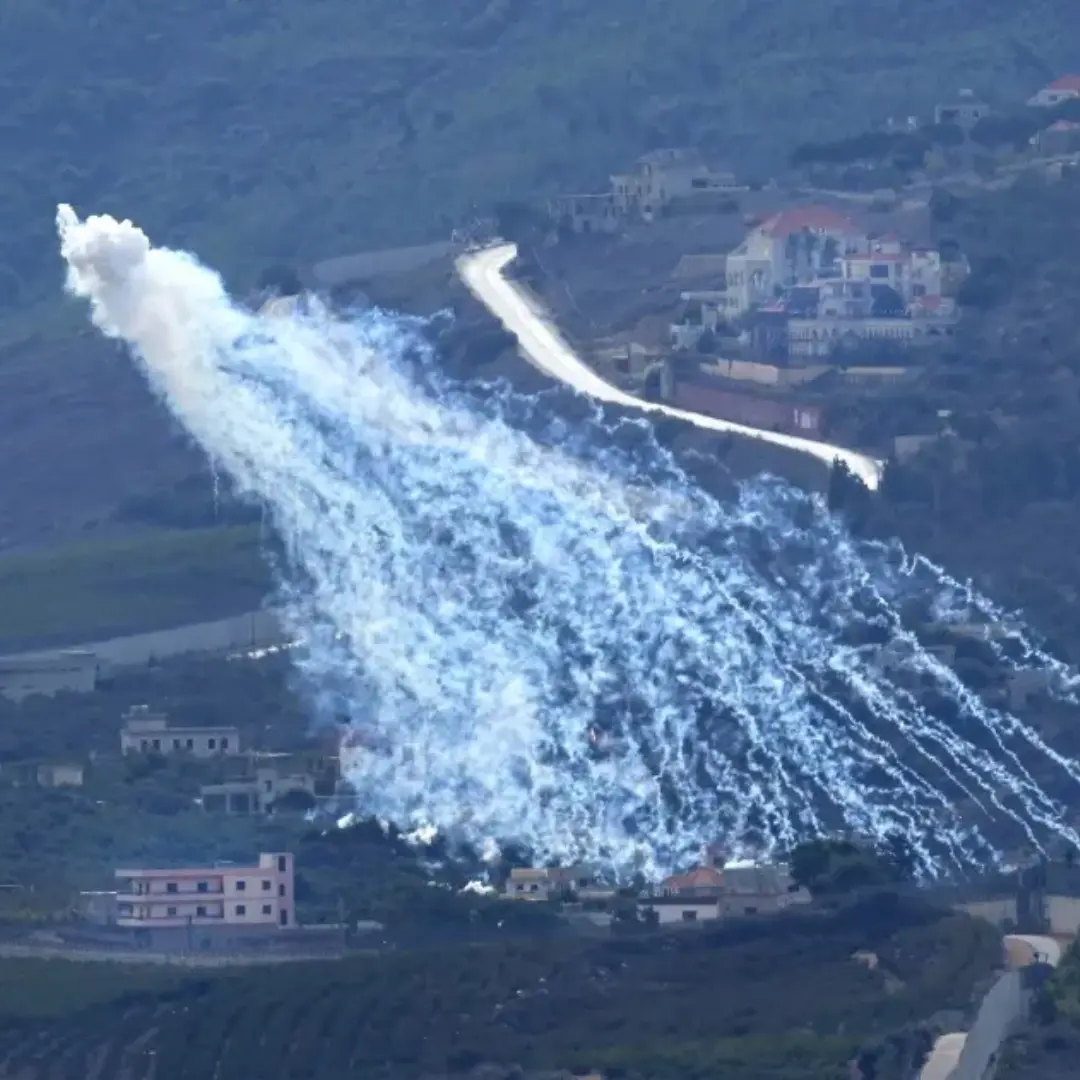The accusation of Israel’s use of white phosphorus in South Lebanon has sparked grave concerns regarding potential violations of international humanitarian law and the safety of civilians in the region. White phosphorus is a highly incendiary substance known for its ability to cause severe burns upon contact with skin, often resulting in excruciating injuries and long-term health complications. Its use in populated areas raises serious ethical and legal questions, particularly concerning the protection of civilians during armed conflict.
Under international humanitarian law, specifically the Geneva Conventions and their Additional Protocols, parties to a conflict are obligated to distinguish between military targets and civilian objects, as well as to take all feasible precautions to minimize harm to civilians. The use of white phosphorus in densely populated areas, where civilians are inevitably present, can lead to indiscriminate harm and is prohibited under these legal frameworks.
Furthermore, the use of white phosphorus as an incendiary weapon in civilian areas is subject to specific restrictions outlined in Protocol III of the Convention on Certain Conventional Weapons (CCW). This protocol prohibits the use of air-delivered incendiary weapons in areas where civilians are concentrated, emphasizing the need to protect civilian lives and property.
Allegations of white phosphorus use by Israel in South Lebanon underscore the importance of thorough investigations to ascertain the veracity of these claims and to hold accountable those responsible for any violations of international law. Such investigations should be conducted transparently and independently to ensure accountability and justice for any victims of unlawful attacks.
Additionally, the allegations highlight the broader context of the conflict in the region and the need for a comprehensive approach to address the underlying issues fueling ongoing tensions. Efforts to achieve lasting peace and stability must prioritize the protection of civilians and respect for international humanitarian law, including the prohibition of indiscriminate and disproportionate attacks.
International actors, including the United Nations and relevant human rights organizations, have a vital role to play in monitoring and documenting potential violations of international law, as well as advocating for accountability and justice. Diplomatic efforts aimed at de-escalating tensions and promoting dialogue between parties to the conflict are also essential to prevent further harm to civilians and facilitate a peaceful resolution to the conflict.
In conclusion, allegations of white phosphorus use in South Lebanon highlight the urgent need for adherence to international humanitarian law and respect for the principles of distinction, proportionality, and precaution in armed conflict. Ensuring accountability for violations and addressing the root causes of the conflict are crucial steps toward achieving a just and lasting peace in the region.









